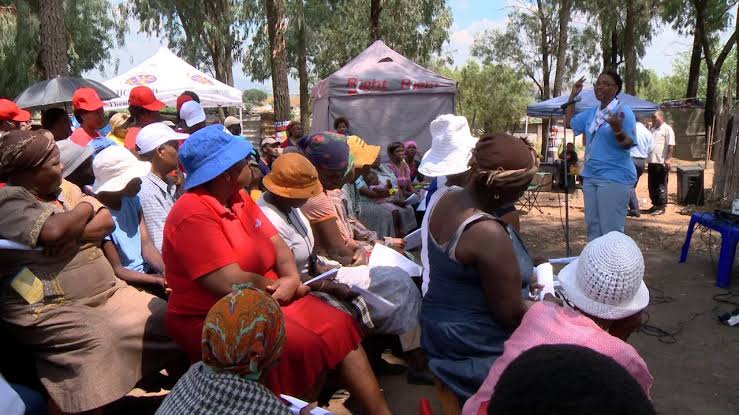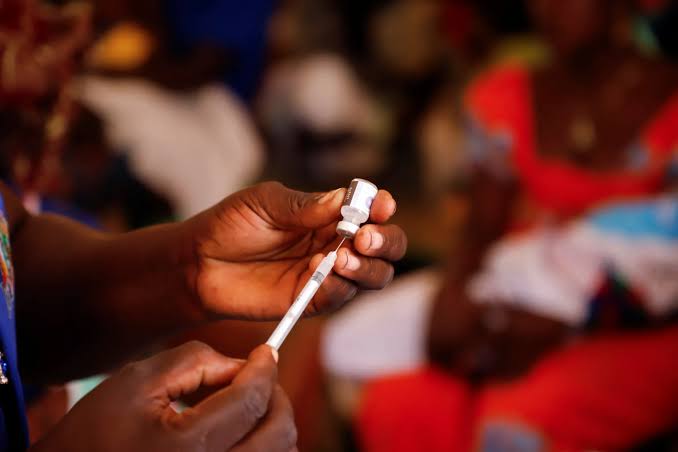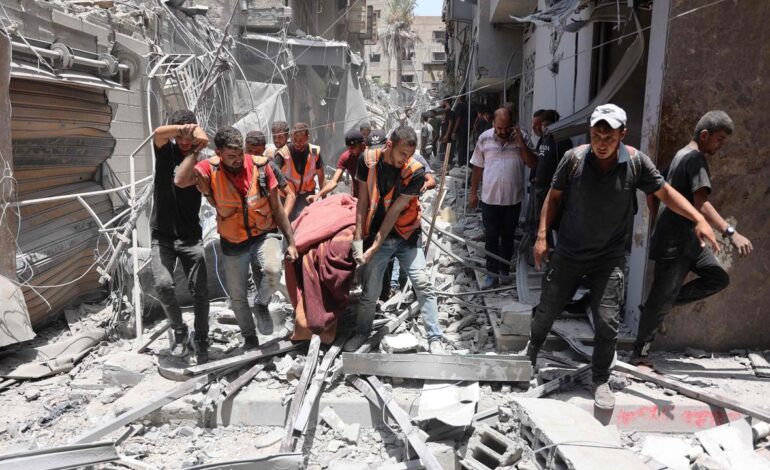
Faith Nyasuguta
Malawi is facing a looming health crisis as tuberculosis (TB) drugs are set to run out by the end of September, threatening thousands of lives. Health officials warn that dwindling supplies of essential medicines are the result of both global supply disruptions and sharp cuts in international aid from the United States, the United Kingdom, and other donors.
The situation comes only months after the World Health Organization (WHO) praised Malawi for reducing TB cases by 40% over the past decade. In March, the WHO’s country representative, Dr. Neema Rusibamayila Kimambo, highlighted the country’s high treatment success rate and the significant decline in TB-related deaths. Now, those gains risk being reversed as drug shortages cripple the health system.
Dr. Samson Mndolo, Malawi’s secretary for health, explained that the crisis stems from a global shortage of pharmaceutical ingredients combined with falling international support. He warned that newly diagnosed patients may soon be denied access to the standard first-line treatment regimens, a development that could increase transmission and deaths.

Hospitals across the country are already feeling the pinch. In Blantyre, the country’s commercial hub, TB officer Lackson Namuku Gama revealed that the district pharmacy had completely run out of RHZE – the critical drug combination used at the start of TB treatment. “We registered zero stock of TB drugs. To save our patients, we had to borrow from other facilities. We have even reduced the dose ration we give patients,” he said.
The crisis is not confined to Blantyre. In Rumphi district, TB officer Umar Mwamadi estimated that their remaining supplies would only last until mid or late September. In Machinga, hospital official Wongani Nyirenda described the situation as “manageable for now,” thanks to borrowing between facilities, but warned that this stopgap measure would soon collapse when all districts ran dry.
The problem extends beyond treatment. Many facilities have run out of cartridges needed for TB diagnostic machines, forcing staff to suspend testing altogether. This means new cases are likely going undetected, further fuelling the spread of the disease.
Health rights activist Maziko Matemba has urged the government to act quickly. “It is high time African countries should start manufacturing some of these drugs,” he argued, stressing that Malawi’s dependence on external donors has left it dangerously vulnerable.
TB remains one of Malawi’s most pressing health challenges despite recent progress. The country still records an estimated incidence rate of 119 cases per 100,000 people, compared to just eight per 100,000 in the UK. Mortality is high, at 38.6 deaths per 100,000, and nearly half of TB patients are also living with HIV, according to the U.S. Centers for Disease Control and Prevention.

The crisis is unfolding in one of the world’s poorest nations, where 70% of the 21.6 million citizens survive on less than $2.15 a day and over half the population lacks adequate daily calories. For many, losing access to TB treatment would be catastrophic.
Unless emergency action is taken – either through restored donor support or rapid government intervention – Malawi risks sliding into a deadly public health disaster that could erase years of hard-won progress against tuberculosis.
RELATED:








